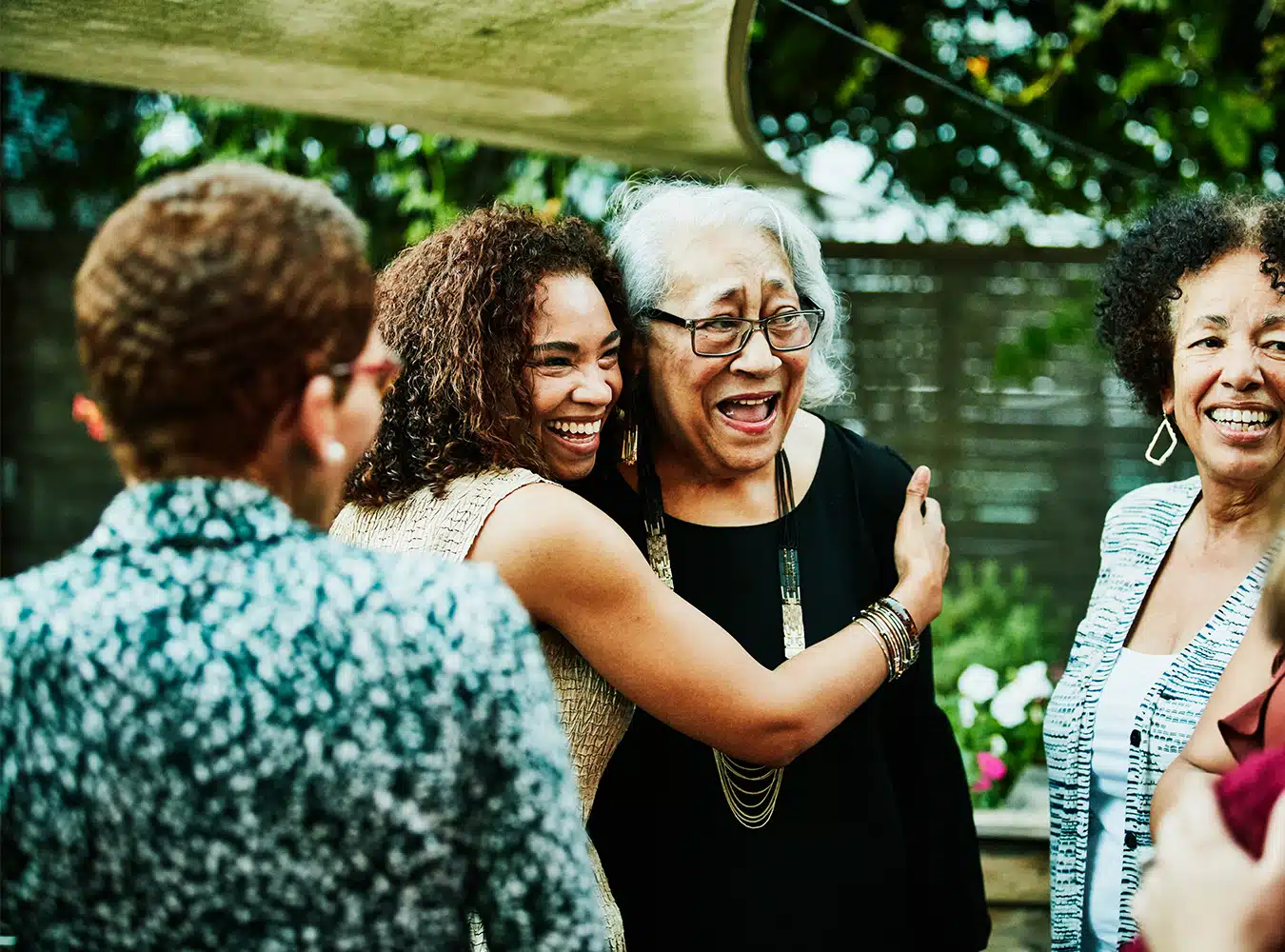Saprea > Online Healing Resources >Common Symptoms: Shame
What Is Shame?
Shame is a negative belief we have about ourselves.1 This negative belief can be as small as “I’m terrible at making my bed in the morning” to something as significant as “I’m a terrible person who doesn’t deserve any support.” And while these beliefs often feel so painfully real that we interpret them as fact, it’s important to remember that they are never true.
Everyone experiences shame. But some people feel shame on a deeper level. They may experience shame so frequently and with such intensity that it can affect how they see themselves and the world around them. This is especially true for survivors of trauma—whether it manifests as survivor’s guilt, a sense of brokenness, or the belief that they could’ve done something to stop the terrible things that happened to them. The fact that survivors experienced a trauma at all can lead some to believe that they somehow deserved it.
What Does Shame Have to Do with Child Sexual Abuse?
These feelings of shame are especially common among survivors of child sexual abuse. Such traumatic experiences are confusing even for an adult brain, let alone the brain of a child or teen who is still trying to make sense of the world around them. A younger, still-developing brain is less able to comprehend the situation or fully perceive the harmful behavior and the issues behind it. So when a child or teen is subjected to such a trauma, they may try to fill in these gaps with their own reasoning. To make sense of the trauma, their underdeveloped brain might think, “This was my fault,” “I deserved this,” or “I had it coming,” rather than “This never should’ve happened to me,” or “What that person did was wrong.”
And because such negative beliefs shape how a survivor views their trauma, such beliefs will continue into adulthood, long after the abuse has passed. These beliefs, rooted in shame, are one of many ways the brain is impacted by child sexual abuse.

Healing Webinar

Saprea Retreat
What Does Shame Feel Like?
While negative beliefs about ourselves seem like a symptom that would only impact our mind, the shame that comes with those beliefs can manifest in our bodies. Sometimes, we may not realize we are experiencing shame until we notice a physical indicator. This physical indicator can look different for everyone, and can vary from one shame-based thought to the next. Some general examples of how shame can affect our bodies include:
Once you notice how shame-based thoughts most commonly affect your body, it will be easier to identify when physical sensations, like the tension in your jaw or the pain in your stomach, is indicative of what you are experiencing internally.
What Does Shame Sound Like?
Shame can lead to thoughts that perpetuate a negative belief about ourselves. Sometimes, we call these types of thoughts the “shame voice.” Some examples of what our “shame voice” might say include:
- I’m not enough.
- I don’t deserve love or friendship.
- I should be more…
- I should be less…
- I don’t matter.
- I can’t do anything right.
- I’m helpless.
- I’m useless.
For survivors of child sexual abuse, these thoughts have been part of their self-talk for many years, or even decades. This is why such thoughts can commonly reoccur, and can be easily triggered by everyday scenarios, like making a mistake, feeling rejected, or comparing oneself to something posted on social media.
How to Cope with Shame
It’s important to remember that negative beliefs are just one way that shame may be impacting your life. For many survivors of child sexual abuse, shame is a long-term effect that plays a much larger role in how we behave, cope, and form relationships with others. As you understand more about shame, it will be easier to identify where it may be impacting your life and what you can do to challenge or reduce it. As overwhelming as it may seem, you can start by examining how shame is affecting what you believe about yourself.
One of the best ways to begin managing these negative beliefs is to find out which ones have the most influence on your day-to-day decisions. Then, once you identify these negative beliefs, you can use Acknowledgement to challenge them, then change them. As you may well know, negative beliefs that are rooted in shame can feel very powerful and very real. But changing these beliefs is possible, especially with time, practice, and self-compassion.
Resources to Help Combat Shame

Self-Compassion

Challenging Cognitive Distortions

